Keywords: Freedom Of Expression
There are more than 24 results, only the first 24 are displayed here.
Become a subscriber for more search results.
-
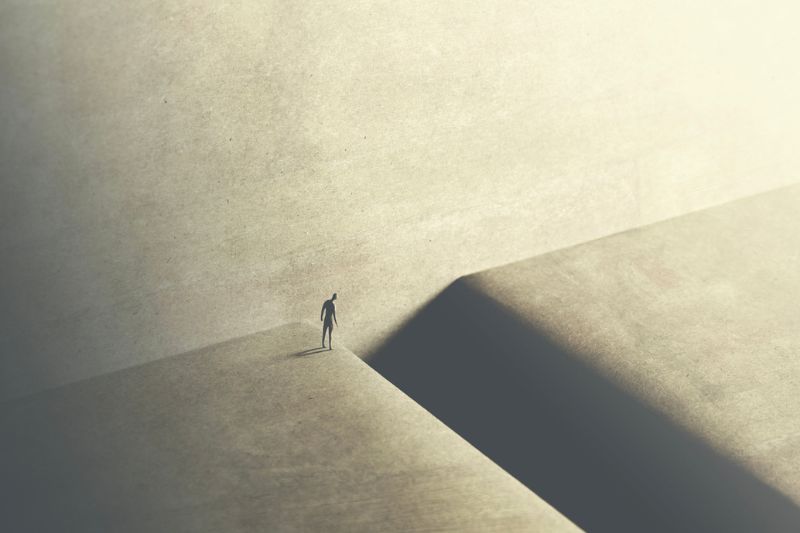
INTERNATIONAL
- Andrew Hamilton
- 26 February 2025
Amid debates over inclusion, dignity, and the rule of law, how do entrenched power structures shape our futures, and can renewed commitment to cooperation mend a divided society?
READ MORE
-
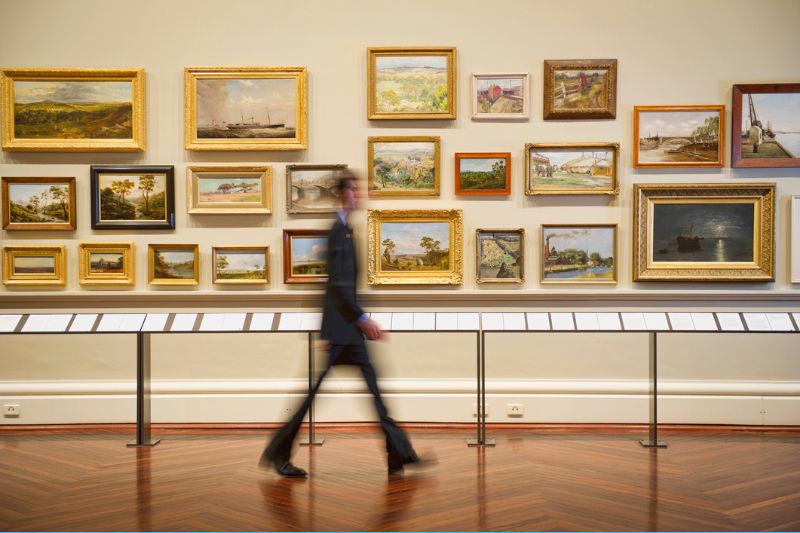
AUSTRALIA
- Andrew Hamilton
- 23 January 2025
Australia's national day remains a divisive symbol, rooted in colonial history. As the country grapples with issues of war, inequality, and climate change, the call for a more inclusive, meaningful celebration grows. How can a national day honour both the complexity of our history and the dignity of all Australians?
READ MORE
-

AUSTRALIA
- Frank Brennan
- 25 September 2024
3 Comments
The Government is making another valiant effort to rein in the adverse effects of ungoverned digital platforms. But in debating such a detailed bill without the backstop of a constitutional or statutory bill of rights recognising the right to freedom of expression, there are no clear guard rails for getting the balance right.
READ MORE
-
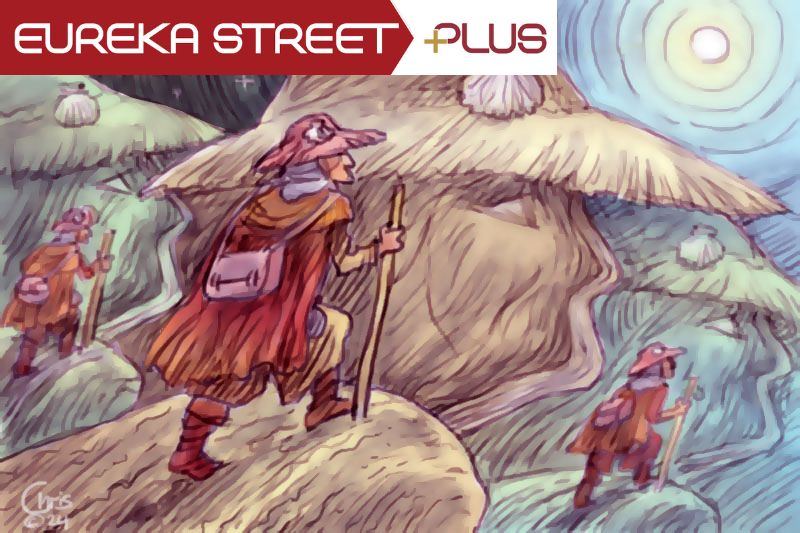
RELIGION
- Ann Rennie
- 13 September 2024
2 Comments
People visit graves and castles, libraries and mansions, battlefields and places of historical significance to feel a little of the lives of others, to pay homage, to make that human connection. We make secular pilgrimages to places that we have dreamt about or read in books or seen on screen. Wherever we go, these are ultimately visits to places within.
READ MORE 
-
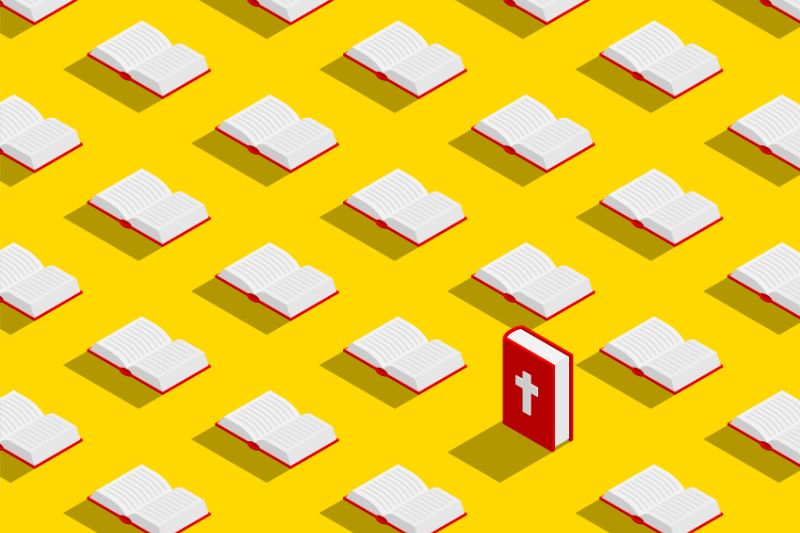
EDUCATION
- Jacinta Collins
- 20 August 2024
11 Comments
As the discourse surrounding religious freedom in Australia becomes increasingly contentious, especially in the context of schooling, we must address the growing perception that holding religious beliefs and values — and making choices based on them — is somehow discriminatory or at odds with modern society.
READ MORE
-
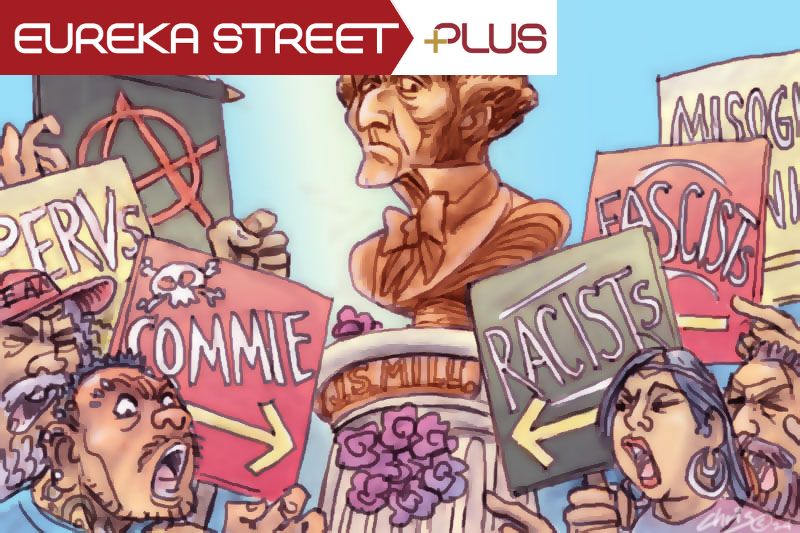
AUSTRALIA
- Russell Blackford
- 09 August 2024
2 Comments
Once the backbone of Western democracy, the philosophy championing free speech, tolerance, and civil political discourse is often reviled by those on both the Left and Right. In our desire for justice and meaning, is there a need to rediscover the principles that have long fostered human flourishing?
READ MORE 
-
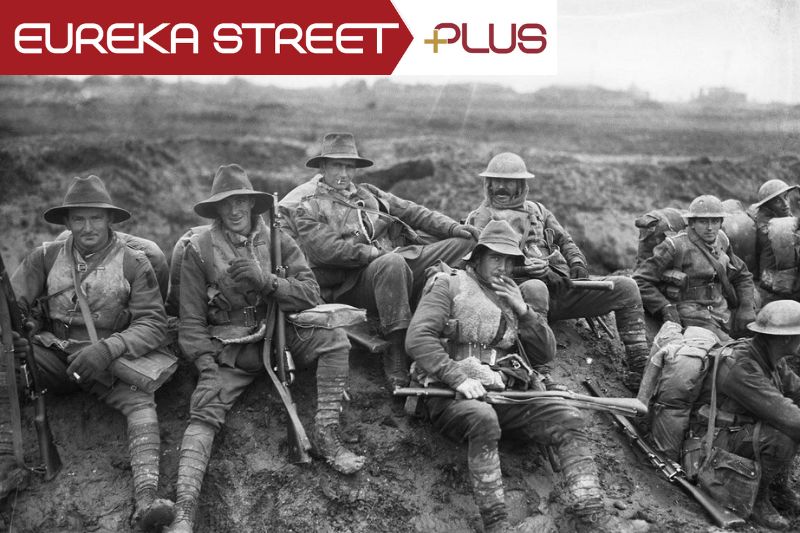
AUSTRALIA
- Peter Craven
- 24 April 2024
1 Comment
For those born in the wake of World War II, war stories seemed the greatest fun on earth. But the pity of it is monumental and we come to take it – if not for granted – then at least as part of the fabric of minds that had met with all that was terrible in human experience and all that called out for reverence.
READ MORE 
-

AUSTRALIA
- Gillian Bouras
- 20 March 2024
6 Comments
Times are changed and we are changed with them. As societal norms evolve, from fashion to expressions of freedom and political attitudes, how does each of us adapt while preserving our core selves?
READ MORE
-
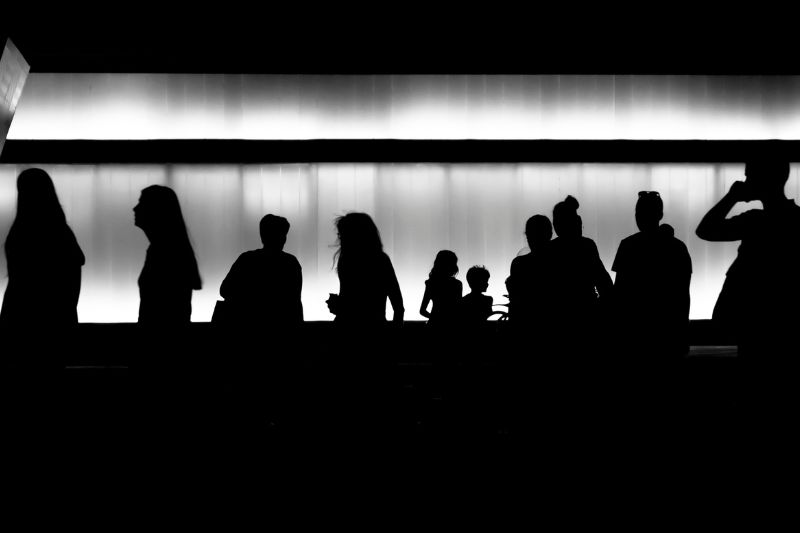
EDUCATION
- Michael Furtado
- 20 March 2024
6 Comments
As challenges to anti-discrimination exemptions are likely to persist within Catholic education, how can the government and religious institutions collaborate effectively to balance the freedom of expressing religious beliefs with safeguarding the rights and freedoms of everyone involved?
READ MORE
-
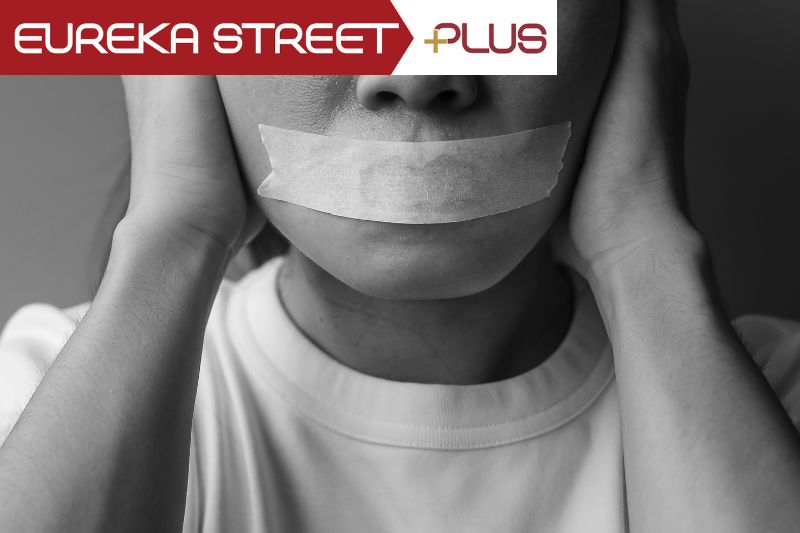
AUSTRALIA
- Holly Lawford-Smith
- 02 February 2024
1 Comment
How can we make progress on the question of whether debate can do harm, and if it can, whether that’s a sufficient reason to suppress particular debates? Or should we adopt a ‘no debate!’ approach to particular topics ourselves?
READ MORE 
-
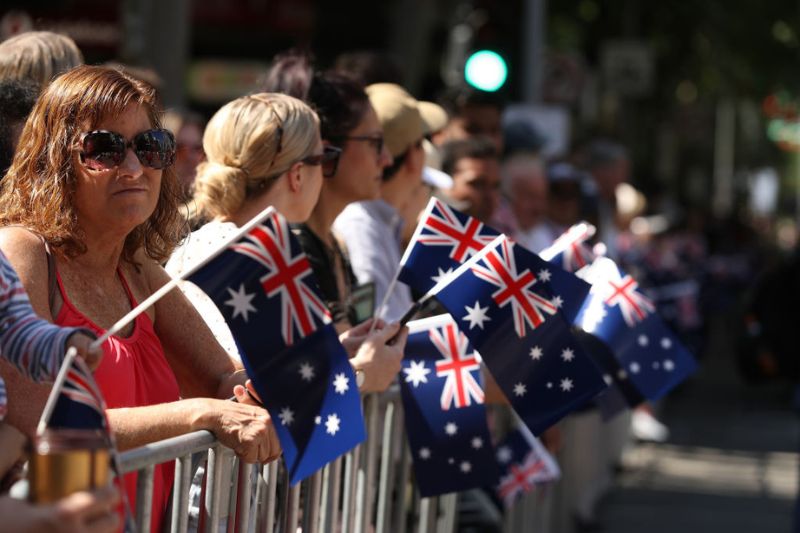
AUSTRALIA
- Andrew Hamilton
- 25 January 2024
7 Comments
For a national day of celebration, Australia Day has had a varied, higgledy-piggledy and divisive history. In this, it echoes Australia itself and so provides a useful lens for reflecting on our national life.
READ MORE
-

AUSTRALIA
- Michael Jensen
- 19 January 2024
4 Comments
In contrast to the United States, we in Australia ‘don’t do God’, and we rarely acknowledge the religious dimension of our national identity. In an age of declining adherence to the Christian faith, has Australia found a new civil religion? And will it serve us well?
READ MORE 